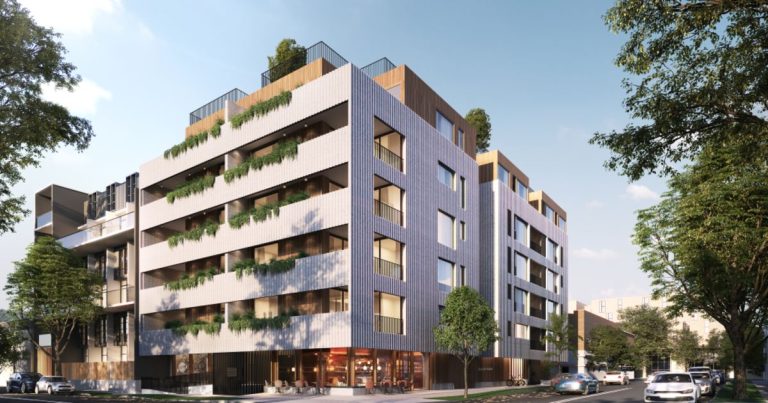Negotiation involves a process whereby the parties can either meet face to face on an informal basis or exchange settlement offers to try and resolve a dispute. The parties involved will directly communicate with one another to try and reach an agreement. Negotiations can be conducted with or without the assistance of a third party, such as a solicitor representative.
The parties can meet at an office or at a dispute resolution centre. The parties may seek legal representation at an informal meeting. The benefits include: narrowing the issues in dispute, the parties meeting on an informal basis, the parties submitting what they wish to achieve during the conference and the parties submitting offers or agreements on a “without prejudice” basis in an attempt to resolve the matter.
Mediation involves a process whereby the parties to a dispute with the assistance of a dispute resolution practitioner, (the Mediator) identify the disputed issues, develop options, consider alternatives and endeavour to reach an agreement. The Mediator has no advisory role in regard to the content of the dispute or the outcome of its resolution but may advise on or determine the process of Mediation whereby the parties aim at resolving a dispute.
In relation to a Mediation, the Mediator’s fees will be apportioned between the parties.
The benefits of a Mediation include the parties meeting on a “without prejudice basis”, the parties being guided by a Mediator who acts on an impartial basis and facilitates the parties by encouraging the parties to mediate but does not get involved in any decision making, the parties being guided by a Mediation position paper which sets out what they are seeking and ultimately wishing to concede including claims for damages, restitution and a claim for costs.
Arbitration is a formal way of resolving a dispute in which the opposing parties present their case to an independent third person, the Arbitrator. The Arbitrator hears the opposing cases and evidence and thereafter the Arbitrator makes a determination.
In relation to Arbitration, the Arbitration costs involve each party paying for their own costs. Arbitration is a formal way of resolving a dispute in which the opposing parties present their case to an independent third person, the Arbitrator. After hearing the opposing cases and evidence, the Arbitrator then makes a determination.
The benefits of an Arbitration include a third party making a determination in relation to the dispute which is binding on the parties. The Arbitrator makes a determination on the evidence.
Conciliation is a process whereby the parties to a dispute with the assistance of a dispute resolution practitioner (the Conciliator) identify the issues in dispute, develop options, consider alternatives and aim to reach an agreement.
The benefits are that the Conciliator may have an advisory role on the content of the dispute or the outcome of its resolution but does not have a determinative role. This means the Conciliator is involved in the process.
In relation to Conciliation, Conciliation costs are apportioned between the parties equally. The benefits of Conciliation include: a process where the parties to the dispute with the assistance of the neutral third party, the Conciliator identifies the disputed issues, develops options and considers alternatives.
Should you have any queries in relation to this article please contact our Ms Pierrette Khoury, Solicitor Director of Khoury Lawyers.



